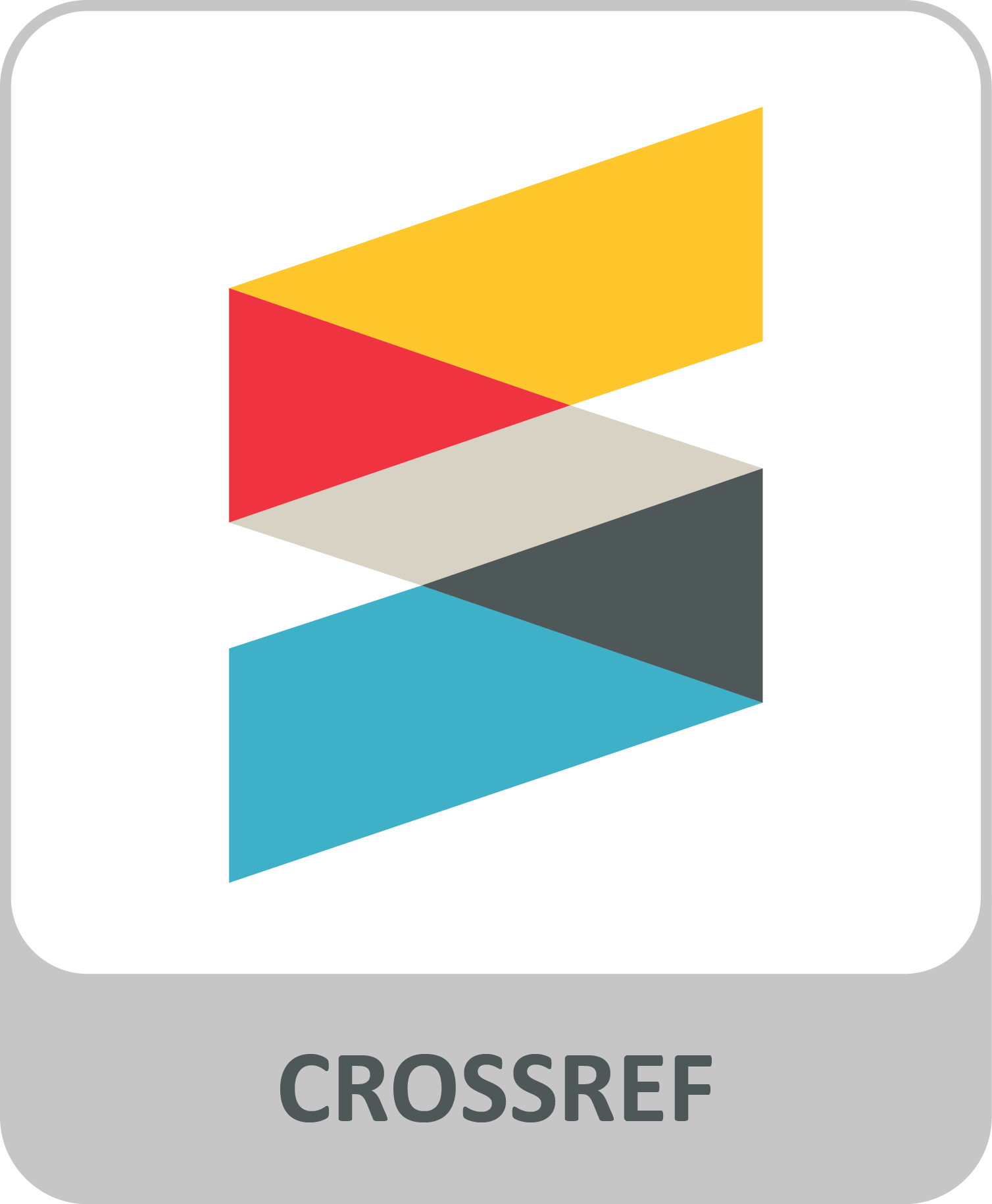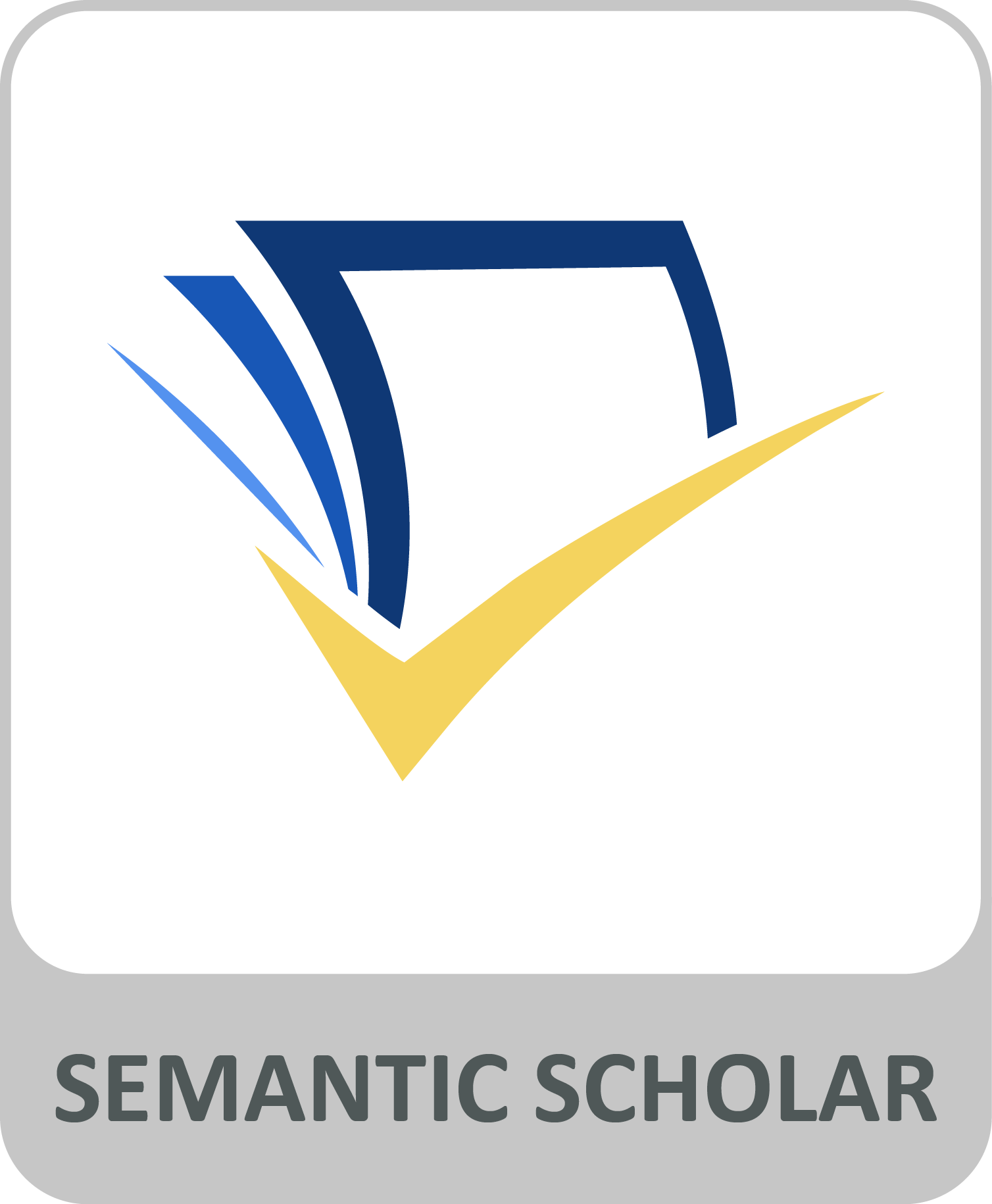Progress and problems in literacy programmes in Central Nigeria
DOI:
https://doi.org/10.15460/auue.2020.93.1.206Keywords:
Mada, Nigeria, literacy, orthography, translationAbstract
Central Nigeria is a region of great linguistic diversity where there were no pre-colonial orthographies in use. The expansion of population and modern education has created a strong demand for local literacy programmes for the Plateau languages of Central Nigeria. For people to be able to develop themselves intellectually, it is important that they have a system of writing that is truly their own. Initially, demand for literacy has been in relation to programmes for Bible translation, and this is largely where funding is sought. However, these programmes are frustratingly long-term and some have been quite ineffective due to poor (or no) initial planning and ill-designed orthographies.
However, in the decade since 2010, demand is increasingly coming from non-denominational organisations whose concern is cultural maintenance, and thus the use of vernacular languages in education. This paper examines the progress achieved and problems faced by some of the Plateau languages in the area of literacy development with a more detailed case study of the Mada Literacy Programme, as well as offering some practical solutions to assist the spread of literacy.
Downloads
0 citations recorded by Crossref
0 citations recorded by Semantic Scholar
Received
Accepted
Published
How to Cite
Issue
Section
Copyright Notice
Copyright (c) 2020 Abiel Barau Kato

This work is licensed under a Creative Commons Attribution 4.0 International License.




